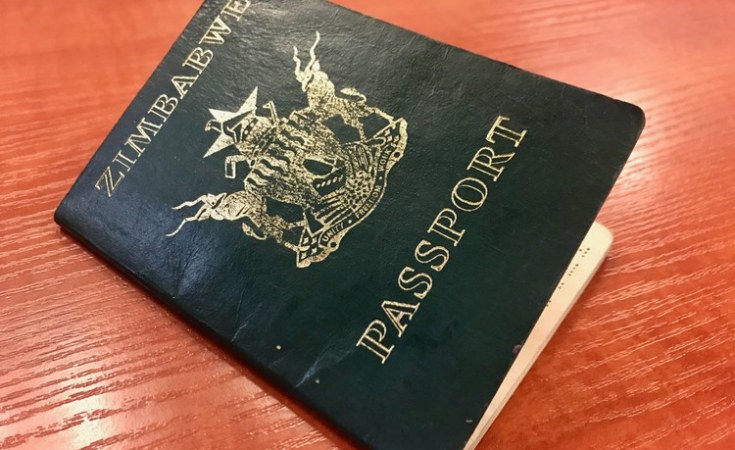Zimbabwean Exemption Permit (ZEP) holders in South Africa may be at risk of deportation, loss of employment, and the closure of bank accounts after the permit system expires on June 30, 2023.
The South African government has argued in court that the decision to let the ZEP lapse was a political one made by the Minister of Home Affairs and that it does not take away any rights from the holders of the permit.
The case was brought by the Helen Suzman Foundation (HSF) and the Consortium for Refugees and Migrants in South Africa (CoRMSA), who argue that the decision to terminate the ZEP system was not properly considered, and that affected parties were not consulted.
During the hearing, Advocate Ismail Jamie, counsel for the Minister of Home Affairs, argued that there was no decision to terminate the ZEP system and that the lapse was due to the temporary nature of the rights conferred on the holders of the permit.
"Just as the government was free to adopt (a visa exemption) policy in respect of Zimbabweans as it relates to the conditions prevailing in that country in 2008 and 2009, it is free to change that policy in 2023," Jamie said.
The Dispensation of Zimbabweans Project (DZP) was introduced in 2009, which allowed about 250,000 Zimbabweans in South Africa to live, work, study, and open businesses. It was later extended and renamed the Zimbabwean Special Permit (ZSP) in 2014 and the ZEP in 2017. Home Affairs Minister Aaron Motsoaledi announced in 2021 that the ZEP system would not be renewed, but two temporary extensions were granted until June 30, 2023.
Advocate Steven Budlender, for the Helen Suzman Foundation, argued that there was no consultation with affected parties before or after the decision to terminate the ZEP system. Budlender disputed the claim made by counsel for the minister that this was a cabinet decision, saying it was the director-general of Home Affairs who made the decision.
The court also heard considerable debate as to whether the minister's decision was subject to review in terms of the standard of procedural fairness under the Promotion of Administrative Justice Act (PAJA), or legal rationality.
The Helen Suzman Foundation argued that decisions that affect the rights of ZEP holders and their families must be properly considered and that the minister's decision limited the rights of ZEP holders. The Consortium for Refugees and Migrants in South Africa (CoRMSA) challenged the minister's claim that there was no need to consult affected parties before deciding as momentous as terminating the ZEP system.
The case is ongoing, and the outcome may have significant implications for the rights of Zimbabwean migrants in South Africa.


